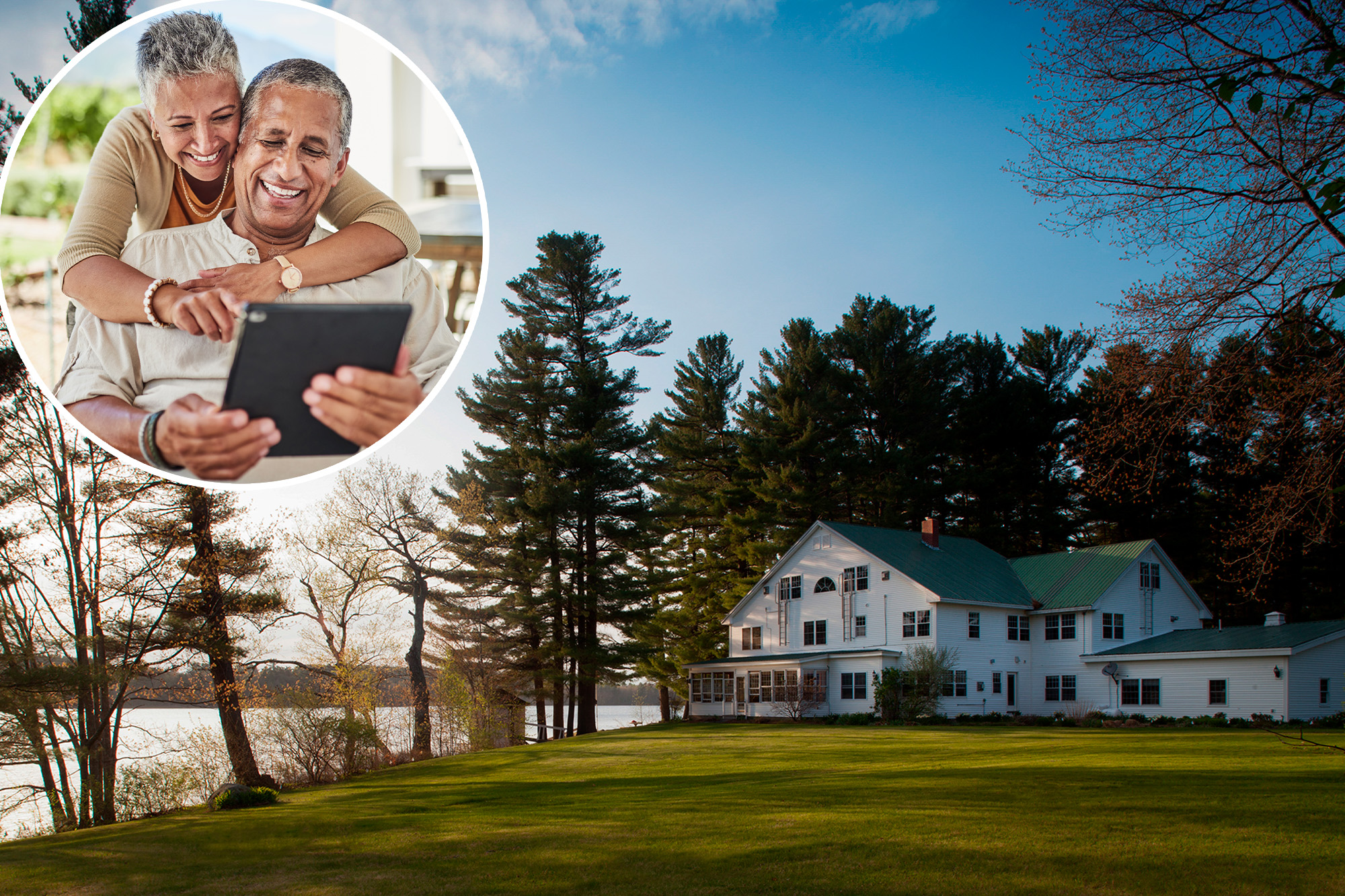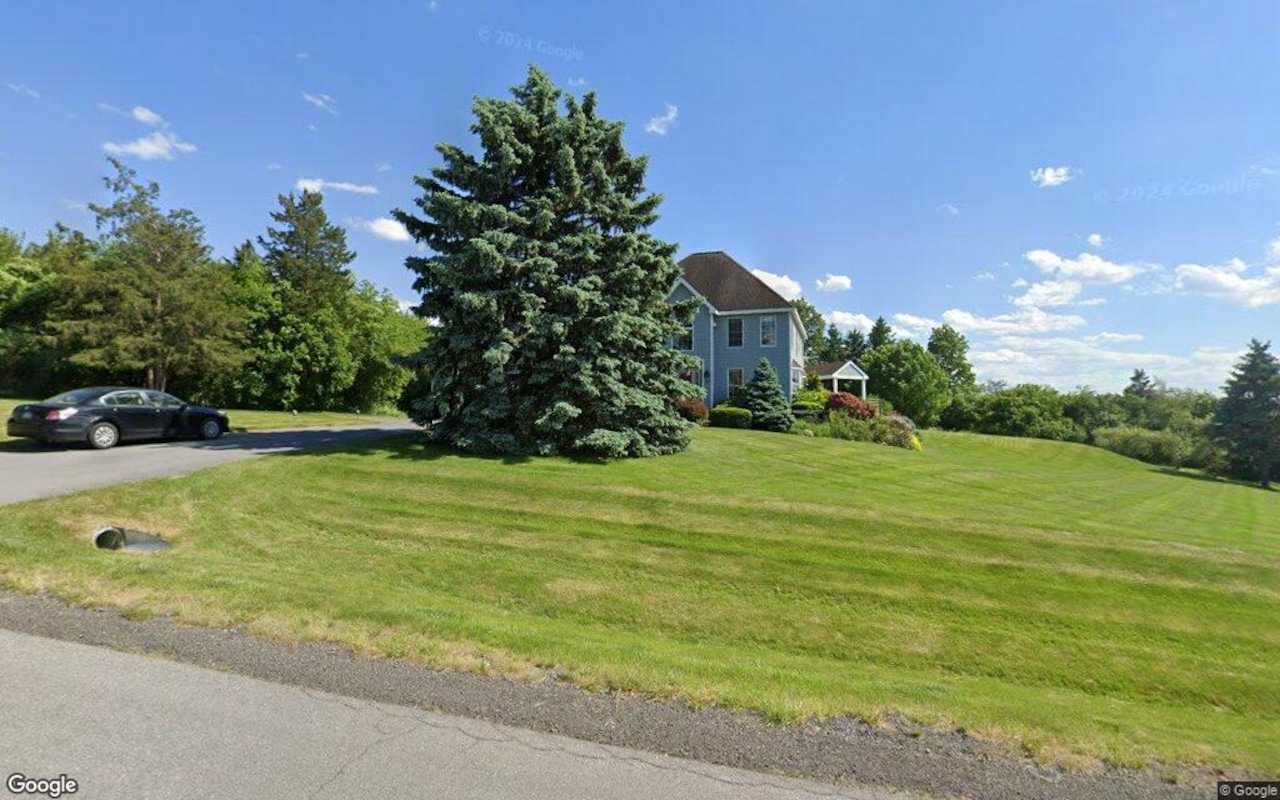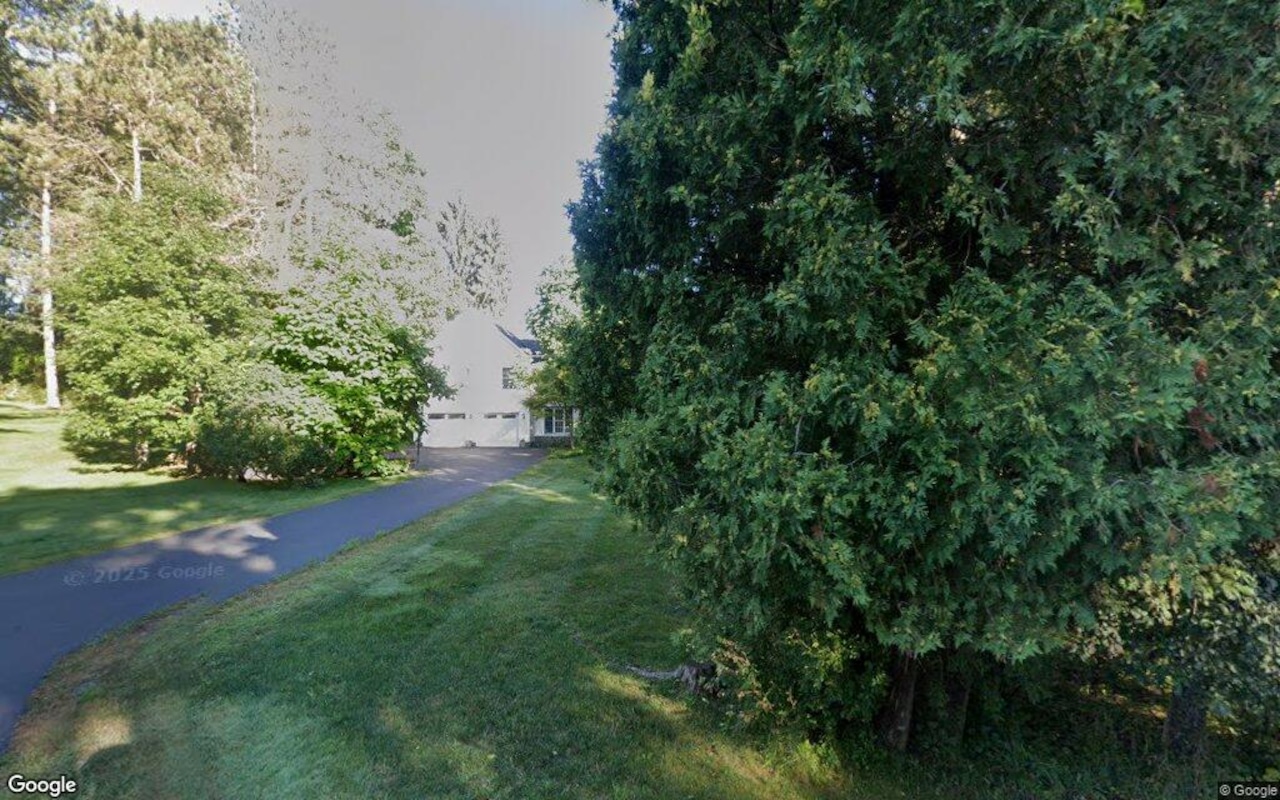M
aine Republicans are pushing a bill that would exempt longtime senior residents from paying property taxes, which could bring relief to retirees on fixed incomes. However, this move raises concerns about who will cover the cost.
The Pine Tree State has an aging population and many low-income seniors, making it unfair for them to bear the burden of property taxes. House Minority Leader Billy Bob Faulkingham notes that "it's just an incredibly unfair burden to put on them."
Property taxes are a crucial source of revenue for local governments, so removing seniors from the tax rolls could leave younger Mainers footing the bill. The proposal, LD 1541, would eliminate property taxes for Maine residents aged 65 and older who have lived in the state for 10 or more consecutive years.
The state government would then be responsible for reimbursing local governments for the lost revenue. This is just one of several proposals across the country to abolish property taxes, but it's unique in its focus on seniors.
Maine's median home price has nearly doubled since January 2020, pushing the state's median annual property tax bill to $4,223. For retirees, this spike can become a serious burden. The proposal could help stop the outmigration of older Americans from high-tax states by allowing longtime residents to stay in their homes.
However, the bill's financial impact on the rest of the state remains unclear. LD 1541 does not yet include a fiscal note, and Faulkingham has acknowledged that he doesn't have a firm projection for the cost.
A similar program in 2022 froze qualifying seniors' property tax bills but was later repealed due to its cost. That initiative cost the state $26 million and had loopholes that allowed well-off homeowners to apply the homestead exemption to their luxury homes.
The new proposal would eliminate property taxes entirely, threatening a shortfall that could have severe consequences for the rest of the state. If the state can't fully cover the shortfall, younger homeowners might be left picking up the tab, shouldering higher property taxes in an already unaffordable housing market.
Proponents see LD 1541 as a lifeline for Maine's aging population, but others worry that it could shift the financial burden onto younger generations. Without clarity on how the state would reimburse municipalities or offset the potential cost, lawmakers face a challenge: supporting aging Mainers without undermining their financial future.














